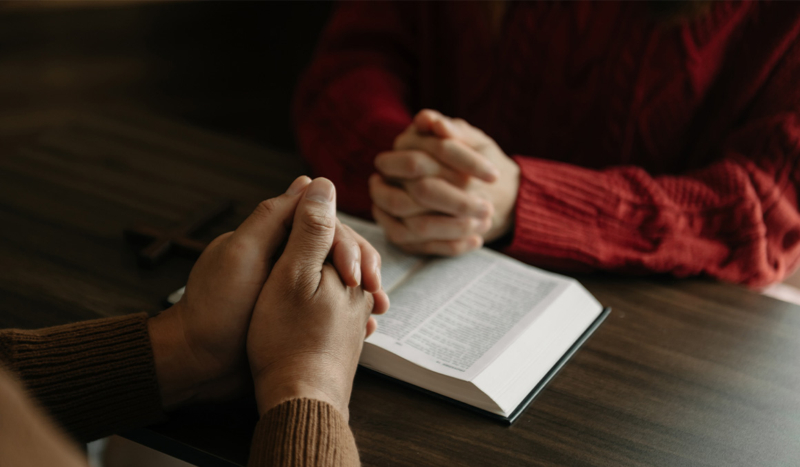
Adobe Stock
The majority of Americans support allowing public schools to have chaplains available to offer support to students, a recent AP-NORC Center for Public Affairs Research survey found.
AP News reported that the survey found a nuanced view toward religion’s presence in public schools. Roughly six in 10 US adults said that public schools should be allowed to have chaplains, but almost the same number opposed teacher-led prayer or mandatory prayer times during the school day. US adults were also more likely to oppose publicly funded religious charter schools than they were to support it (43% vs 23%).
The survey found that white evangelical Christians (82%), non-white Protestants (76%), Catholics (61%), and white mainline Protestants (56%) are most likely to support religious chaplains in public schools, compared with 41% of those with no religious affiliation. Republicans are also more likely than Democrats to approve of chaplains in public schools (70% vs 47%), teachers leading prayers in the classroom (60% vs 29%), and mandatory prayer times (49% vs 27%).
Regarding tax-funded religious charter schools, AP News reported that the survey found no majority support or opposition among any main religious demographic. About four in 10 white evangelicals support religious charter schools, while about three in 10 Catholics and black Protestants also support them. Similar numbers in the same demographics opposed religious charter schools.
US adults were also divided on allowing families to use tax-funded vouchers to send their children to religious schools instead of public schools, a program that several states have implemented in recent years.
The survey also asked respondents to give their thoughts on other often-disputed views of public schools. Thirty-two percent said religion has too much influence on what children are taught in public school, compared with 38% who said religion has too little influence. About half of respondents supported requiring public schools to give parents lists of books available to their children, compared with 14% who opposed it.
The survey also found that US adults consider freedom of speech (85%), freedom of religion (81%), and freedom of the press (71%) to be more important to the country’s identity than the separation of church and state (64%).

